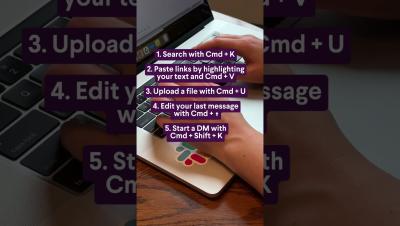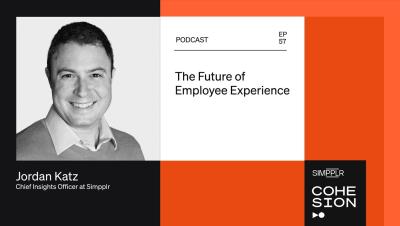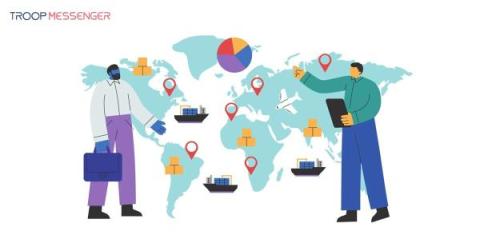What's new in Asana | April 2024
Welcome to the April edition of What’s new in Asana. First, create status updates faster with smart status. Asana Intelligence will start a draft status for you, pulling real-time work data in portfolios and goals and highlighting any risks, questions, and roadblocks. Next, save time by quickly duplicating entire sections of tasks within the same project. Finally, use today’s date in a custom field formula calculation to track the duration of progress or time spent on a task.











